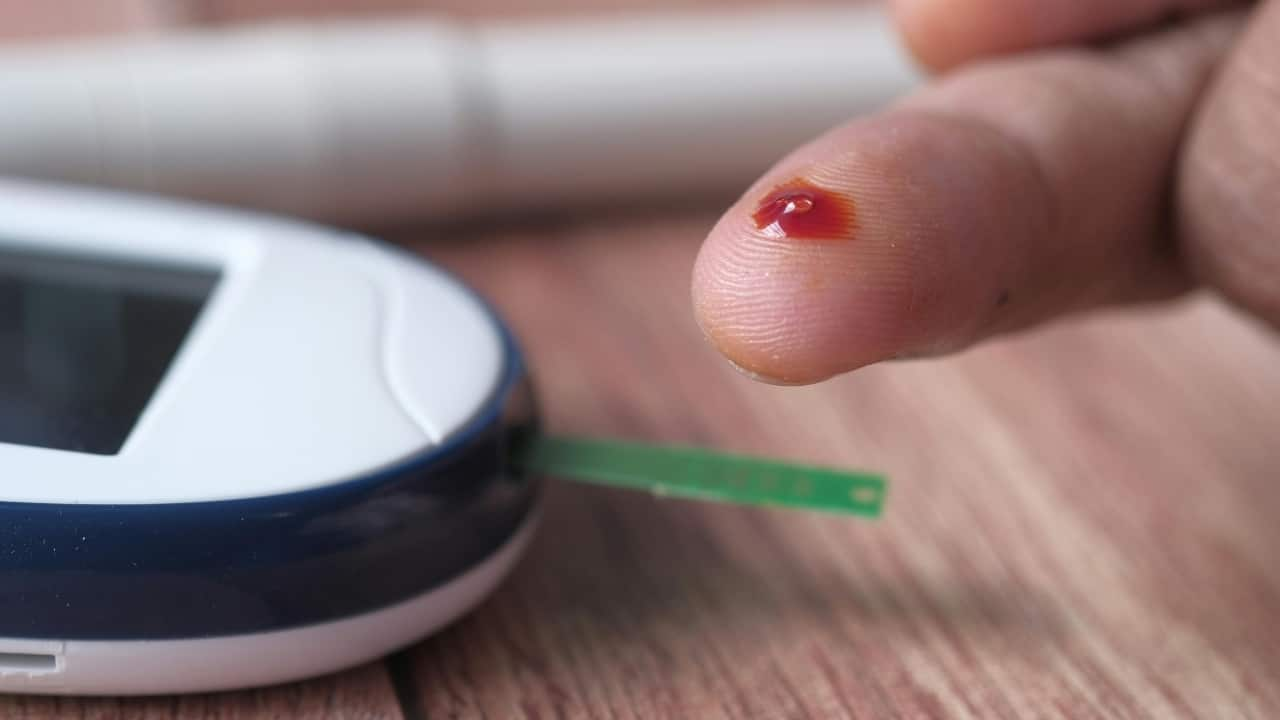Politics
Diabetes Threatens Sight: Preventing Diabetic Retinopathy in India

Diabetic retinopathy is emerging as a significant health threat for millions of individuals living with diabetes in India. This condition, which results from prolonged high blood sugar levels damaging the eye’s delicate blood vessels, is becoming increasingly prevalent across urban and rural areas. According to the Indian Council of Medical Research, India is home to more than 77 million diabetics, and experts warn of an impending eye health crisis if preventive measures are not taken.
Dr. Ananth Bhandary S, Head of Department and Consultant at the Ophthalmology department of Ramaiah Memorial Hospital in Bengaluru, highlights the severity of diabetic retinopathy. “Patients rarely notice the condition until vision loss has already occurred,” he states. This lack of awareness, combined with late detection, poses a significant risk, particularly for working-age individuals, who are often most affected by the resultant social and economic implications.
The onset of diabetic retinopathy is often subtle, making prevention and early detection critical. Dr. Bhandary explains that “prolonged high sugar levels gradually weaken the tiny blood vessels of the eye, causing them to leak or close off.” This leakage can lead to swelling in the retina, especially in the macula, which plays a vital role in clear vision. If left unchecked, the affected areas of the retina may become deprived of oxygen, leading to the growth of abnormal and fragile blood vessels that can bleed easily.
The risk of developing diabetic retinopathy increases the longer a person has diabetes, particularly if their blood sugar levels are poorly managed. Regular monitoring and proactive management are essential to mitigate this risk.
Preventive Measures for Diabetic Retinopathy
To safeguard vision, controlling blood sugar, blood pressure, and cholesterol levels is crucial. Dr. Bhandary emphasizes that a balanced diet, regular exercise, weight management, and stress management are fundamental lifestyle choices that can significantly reduce the risk of diabetic retinopathy. “Quitting smoking is also vital, as it can exacerbate the condition,” he adds.
Annual comprehensive dilated eye exams are recommended for all individuals with diabetes. “Catching the disease early can prevent irreversible damage and allow for timely treatment,” Dr. Bhandary advises.
Treatment Options for Diabetic Retinopathy
In cases where diabetic retinopathy has progressed, several treatment options are available. Laser photocoagulation is used to close leaking or abnormal blood vessels, while anti-VEGF injections are administered directly into the eye to reduce swelling and inhibit the growth of abnormal vessels. In more severe cases, vitrectomy may be necessary to remove blood-filled gel and repair retinal detachment.
The importance of maintaining a healthy lifestyle cannot be overstated. These measures, according to Dr. Bhandary, not only benefit heart health but are also vital for preserving eyesight.
As India grapples with a growing diabetes epidemic, awareness and education regarding diabetic retinopathy must be prioritized. Preventing this condition could save millions from the devastating impact of vision loss, underscoring the need for collective action and informed health choices.
This article provides general information and should not substitute for professional medical advice. Individuals are encouraged to consult healthcare specialists for specific health diagnostics and guidance.
-

 World5 months ago
World5 months agoSBI Announces QIP Floor Price at ₹811.05 Per Share
-

 Lifestyle5 months ago
Lifestyle5 months agoCept Unveils ₹3.1 Crore Urban Mobility Plan for Sustainable Growth
-

 Science4 months ago
Science4 months agoNew Blood Group Discovered in South Indian Woman at Rotary Centre
-

 World5 months ago
World5 months agoTorrential Rains Cause Flash Flooding in New York and New Jersey
-

 Top Stories5 months ago
Top Stories5 months agoKonkani Cultural Organisation to Host Pearl Jubilee in Abu Dhabi
-

 Sports4 months ago
Sports4 months agoBroad Advocates for Bowling Change Ahead of Final Test Against India
-

 Science5 months ago
Science5 months agoNothing Headphone 1 Review: A Bold Contender in Audio Design
-

 Top Stories5 months ago
Top Stories5 months agoAir India Crash Investigation Highlights Boeing Fuel Switch Concerns
-

 Business5 months ago
Business5 months agoIndian Stock Market Rebounds: Sensex and Nifty Rise After Four-Day Decline
-

 Sports4 months ago
Sports4 months agoCristian Totti Retires at 19: Pressure of Fame Takes Toll
-

 Politics5 months ago
Politics5 months agoAbandoned Doberman Finds New Home After Journey to Prague
-

 Top Stories5 months ago
Top Stories5 months agoPatna Bank Manager Abhishek Varun Found Dead in Well









